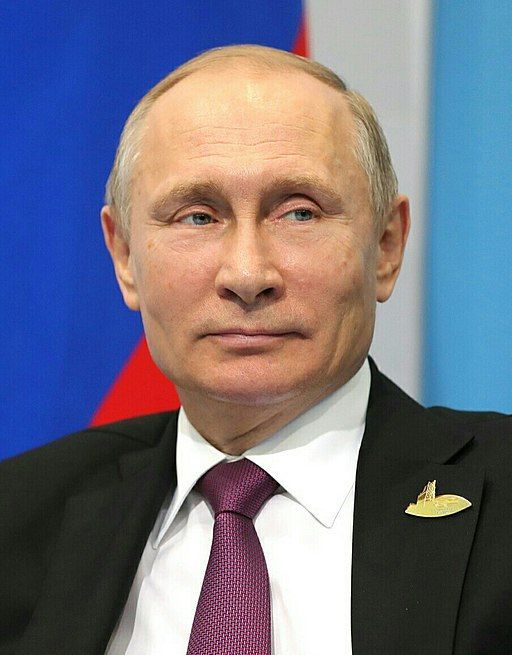Russia claims Ukrainian involvement; US dismisses as propaganda
In a dramatic turn of events following a deadly attack at a concert venue outside Moscow, Russian investigators have announced they possess evidence linking the gunmen, who killed over 140 individuals, to “Ukrainian nationalists.” This assertion has ignited a flurry of international reactions, notably from the United States, which has promptly labelled the claim as unfounded propaganda.
The attack, which resulted in a tragic loss of life and left the Crocus City Hall in ruins, has been a focal point of geopolitical tension. Initially, Russia pointed fingers at Ukraine, despite Kyiv’s vehement denial and the claim of responsibility by the Islamic State group.
Embed from Getty ImagesRussia’s Investigative Committee, in a detailed statement, indicated that their findings, including analysis of seized technical devices and financial transactions, pointed towards a Ukrainian connection. They reported the discovery of significant financial transfers from Ukraine to the attackers, suggesting an elaborate funding scheme for the terrorism act.
Contrastingly, the White House, through national security spokesperson John Kirby, dismissed these allegations as mere “nonsense and propaganda,” firmly stating that the Islamic State alone orchestrated the attack. Kirby highlighted efforts by the United States to preempt the attack, revealing that a written warning was issued to Russian security services well ahead of the tragedy, a move aimed at discrediting Russia’s insinuations against Ukraine.
Further complicating the narrative, U.S. officials have posited that the Islamic State Khorasan, the Afghan branch of the militant group, was behind the violent act. This stance underscores the complex web of accusations and counteraccusations that have followed the attack, raising questions about the accuracy and motivations behind these claims.
In the aftermath of the attack, Russian security forces swiftly detained eleven individuals, with several hailing from Central Asian countries, thus shedding light on the diverse backgrounds of those implicated in the incident. The rapid apprehension of suspects further stokes debate over the effectiveness and focus of Russian intelligence amidst the ongoing conflict with Ukraine.
This incident not only deepens the rift between Russia and the United States but also highlights the intricate dynamics of international relations and security in a region fraught with conflict and suspicion. As the international community watches closely, the unfolding developments promise to have significant implications for diplomatic relations and the broader geopolitical landscape.
